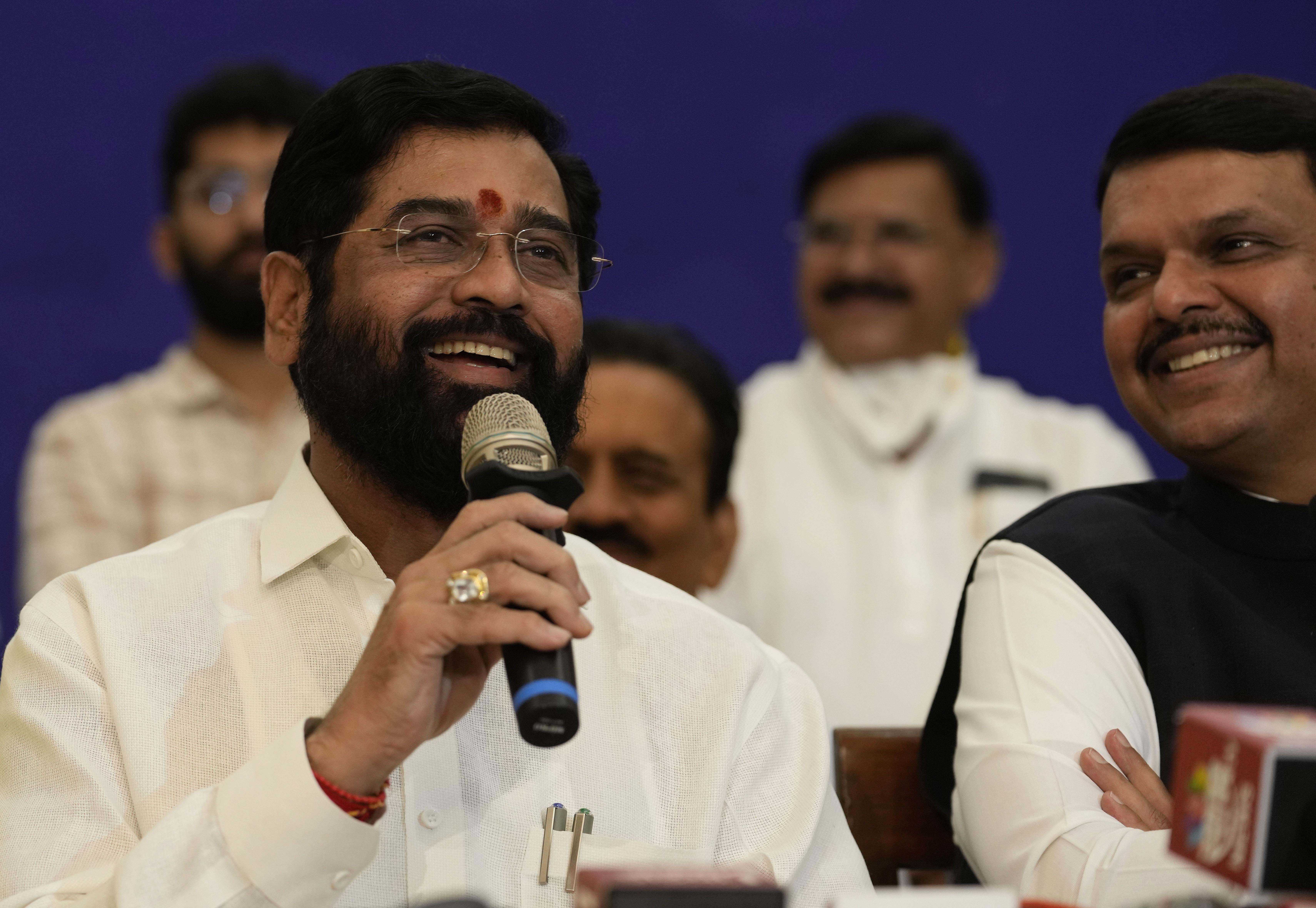
New Delhi, India – India’s richest state has sworn in a new chief minister and his deputy, a day after the previous incumbent was forced to resign, ending 10 days of high political drama that experts say was orchestrated by Prime Minister Narendra Modi’s Bharatiya Janata Party (BJP).
Eknath Shinde of the Shiv Sena party, whose rebellion along with dozens of fellow legislators kicked off the crisis in the western Indian state, was sworn in as chief minister of Maharashtra on Thursday in a ceremony in state capital Mumbai, also India’s financial capital.
Former Maharashtra Chief Minister Devendra Fadnavis of the BJP, which effectively managed the split in Shiv Sena, took oath as Shinde’s deputy.
Shinde was rewarded by the BJP for his rebellion despite the right-wing party having more legislators in the state assembly than his rebellious camp.
The developments came a day after Shiv Sena chief Uddhav Thackeray announced his resignation as chief minister in a Facebook live broadcast on Wednesday night, minutes after India’s Supreme Court asked him to take a floor test on Thursday to prove his majority.
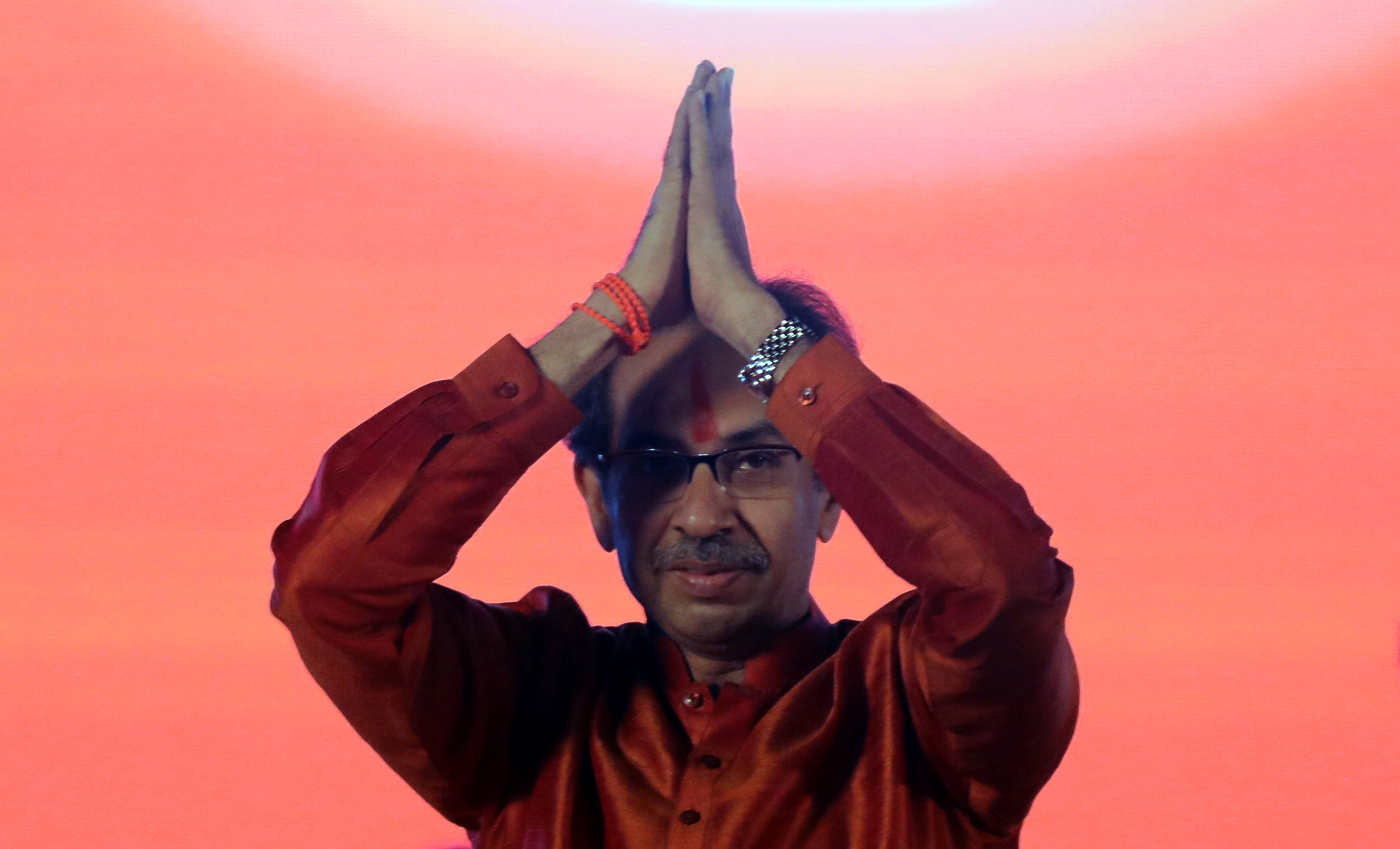
Thackeray had been running a coalition government with centrists Nationalist Congress Party (NCP) and the Congress parties since 2019 – one of the unlikeliest alliances in Indian politics.
Shinde’s government has been asked to prove its majority in the state assembly on Monday, while Thackeray’s Shiv Sena has petitioned the Supreme Court seeking the disqualification of at least 16 rebel legislators.
The BJP currently has 106 legislators, the Shiv Sena 55, the NCP 53 and the Congress has 43 members in the 288-member assembly. A coalition needs 144 votes to stay in power.
The change of guard in Maharashtra is a considerable boost for the Hindu nationalist BJP ahead of the 2024 national elections, in which Modi is hoping to win a third consecutive term.
Maharashtra sends the highest number of legislators to the Indian parliament after the northern state of Uttar Pradesh, also ruled by the BJP.
Zoya Hasan, political analyst and former professor of political science at New Delhi’s Jawaharlal Nehru University, told Al Jazeera that “wresting control of Maharashtra is a really big victory” for Modi’s party.
“The toppling of Uddhav Thackeray’s government in Maharashtra is a big setback to the opposition because Maharashtra is an extremely important state. It is India’s financial capital, one of the most industrialised and developed states of the country,” she said.
Ten days of political drama
The political crisis in Maharashtra began on the night of June 20 when Shinde, 58, announced his revolt against Thackeray and left Mumbai with 29 other members of the legislative assembly (MLAs).
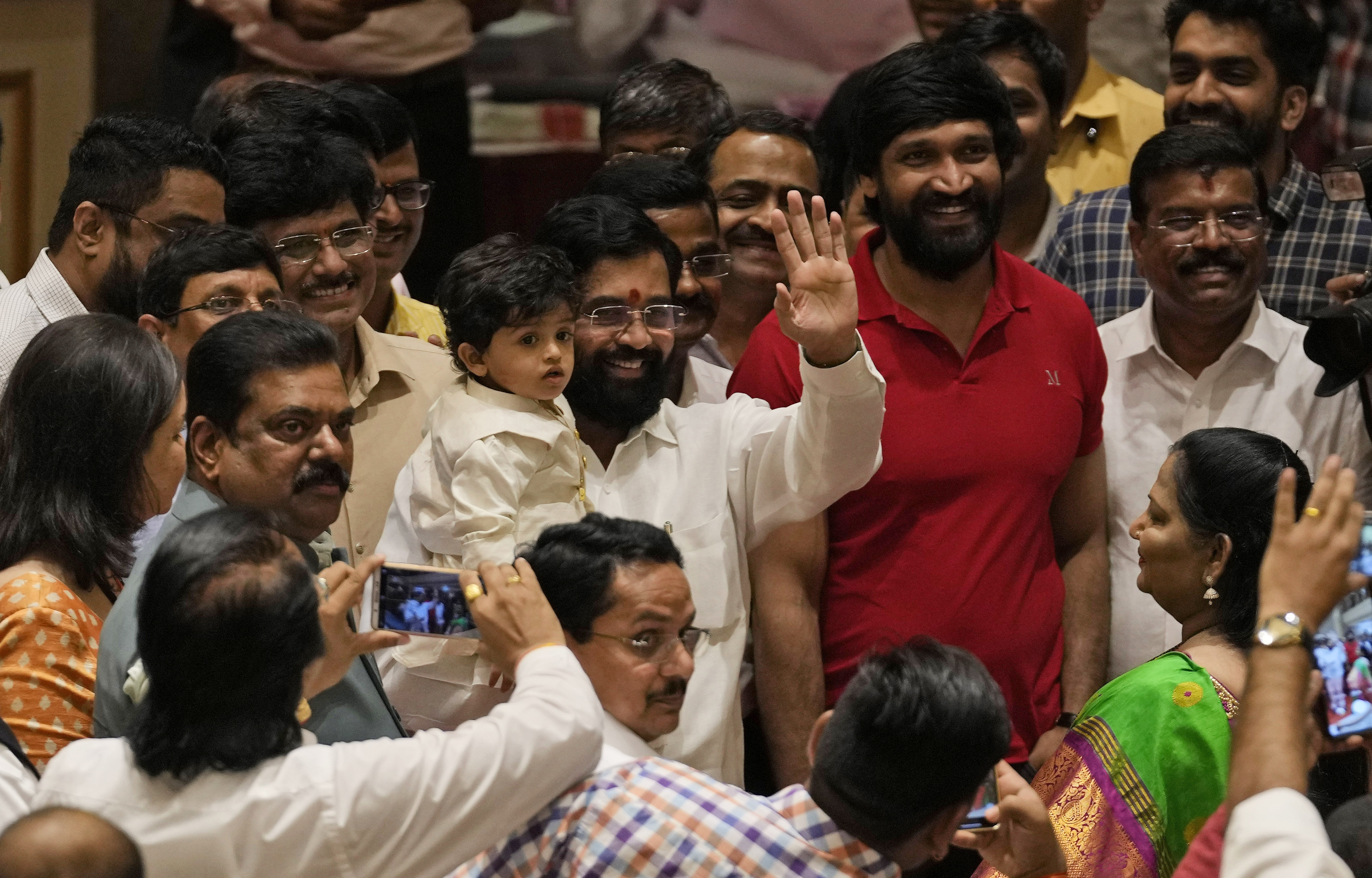
The mutineers were taken to a five-star hotel in Surat, an industrial city in neighbouring Gujarat, Modi’s home state which has been governed by the BJP since 1995. Modi was the state chief minister for 12 years before he became the prime minister in 2014.
In India’s so-called “resort politics”, legislators are often moved to a resort or hotels in order to prevent them from horse trading during a political crisis in a state.
As many BJP leaders met the legislators in Surat, top Shiv Sena leader Sanjay Raut on June 21 alleged the rebellion was engineered by the BJP to bring down the Thackeray government – a claim the BJP denied.
From Surat, the Shiv Sena rebels were flown 2,588km (1,608 miles) on June 22 to a luxury hotel in Guwahati, the main city in the northeastern state of Assam, another BJP-ruled state.
In Guwahati, the rebels were reportedly visited in the hotel by the state chief minister, while another minister told reporters the dissident MLAs were being treated as “state guests”.
On the night of June 22, Thackeray said he was ready to resign as chief minister if that is what the rebellious legislators wanted. He even vacated his official residence and moved to his family home as thousands of his supporters marched with the convoy, raising slogans.
Meanwhile, the number of Shiv Sena rebels grew in Guwahati to 39, enough to split the party and ensure Thackeray’s removal. And it was time to move again, to another BJP-ruled state.
So they came to Goa two days ago, where they were joined by some independent MLAs.
In Mumbai, Fadnavis met Maharashtra’s Governor Bhagat Singh Koshyari on Tuesday and claimed the Thackeray government had lost its majority.
The next day, Thackeray resigned. However, the seeds of the current political crisis in Maharashtra were already sown in 2019.
Democracy requires a strong opposition but the ruling dispensation is not very keen on having an opposition, leave alone a strong opposition. It would rather have an opposition-free India.
What happened in 2019?
Both the BJP and the Shiv Sena say they stand for “Hindutva”, a Hindu supremacist political movement and hence were traditional allies. The two parties have fought and won numerous state and national elections as coalition partners.
Thackeray, 61, is the son of Bal Thackeray, one of India’s most controversial politicians who in 1966 founded the Shiv Sena on the back of regional Maratha pride. The party for decades targeted migrants in Maharashtra as it built its voter base on region-based xenophobia.
But things changed after the 2019 elections in Maharashtra, which the BJP and the Shiv Sena again fought together. Though the BJP won the highest number of seats, the Shiv Sena insisted on a 50-50 power-sharing formula which included rotating the post of the chief minister.
Buoyed by its thumping victory in national elections only months earlier, the BJP rejected the Shiv Sena’s demand and installed Fadnavis as chief minister in a hurried swearing-in.
But without Thackeray’s support, the BJP government could not prove its majority in the assembly, forcing Fadnavis to resign.
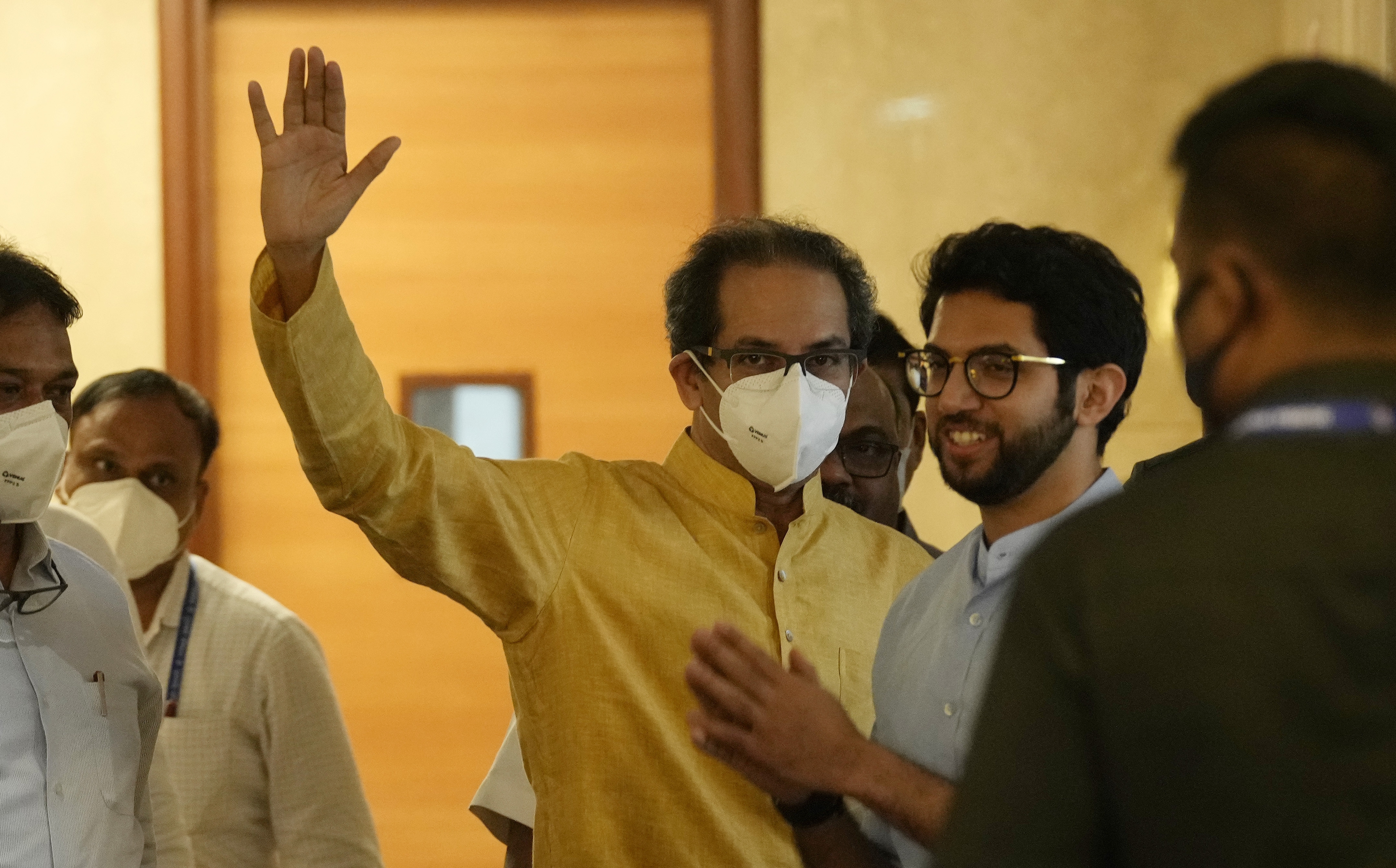
Meanwhile, Thackeray found new partners. The NCP and the Congress – both considered “secular” parties – came on board to form the Maha Vikas Aghadi (MVA).
Analyst Hasan said even though the BJP was the single largest party in Maharashtra, three other parties formed an alliance which was “working fine, except the BJP was not reconciled to being left out of power”.
“From day one, the BJP made several attempts to dislodge the Maha Vikas Aghadi government. And this time they have succeeded,” she told Al Jazeera, adding that appointing Shinde as chief minister is a “very clever move” by the BJP.
“It has been done to strengthen Shinde’s hand in keeping his faction behind him and to strengthen his claim as the real Shiv Sena,” Hasan said.
‘Personal greed’
One of the major charges against Thackeray by the rebels was his going against its core “Hindutva” ideology and forming an alliance with two secular parties.
On Friday, Thackeray told reporters that had the BJP agreed to his demands in 2019, there would not have been an MVA government in Maharashtra.
“About what happened yesterday, I had told Amit Shah earlier as well that there should be a Shiv Sena chief minister for 2.5 years. Had they done this earlier, there would have been no Maha Vikas Aghadi,” he said.
Shah, currently federal home minister, was the BJP president in 2019.
BJP member of parliament, Rakesh Sinha, told Al Jazeera it was due to Shiv Sena’s “own internal contradictions” that the Thackeray government fell.
“People who have ideological, emotional bond with Hindutva rebelled in a very healthy manner. The new formulation came into existence. The best part of this formation is that the BJP stood firmly for the liberation of Maharashtra from the clutches of a political clique,” he said.
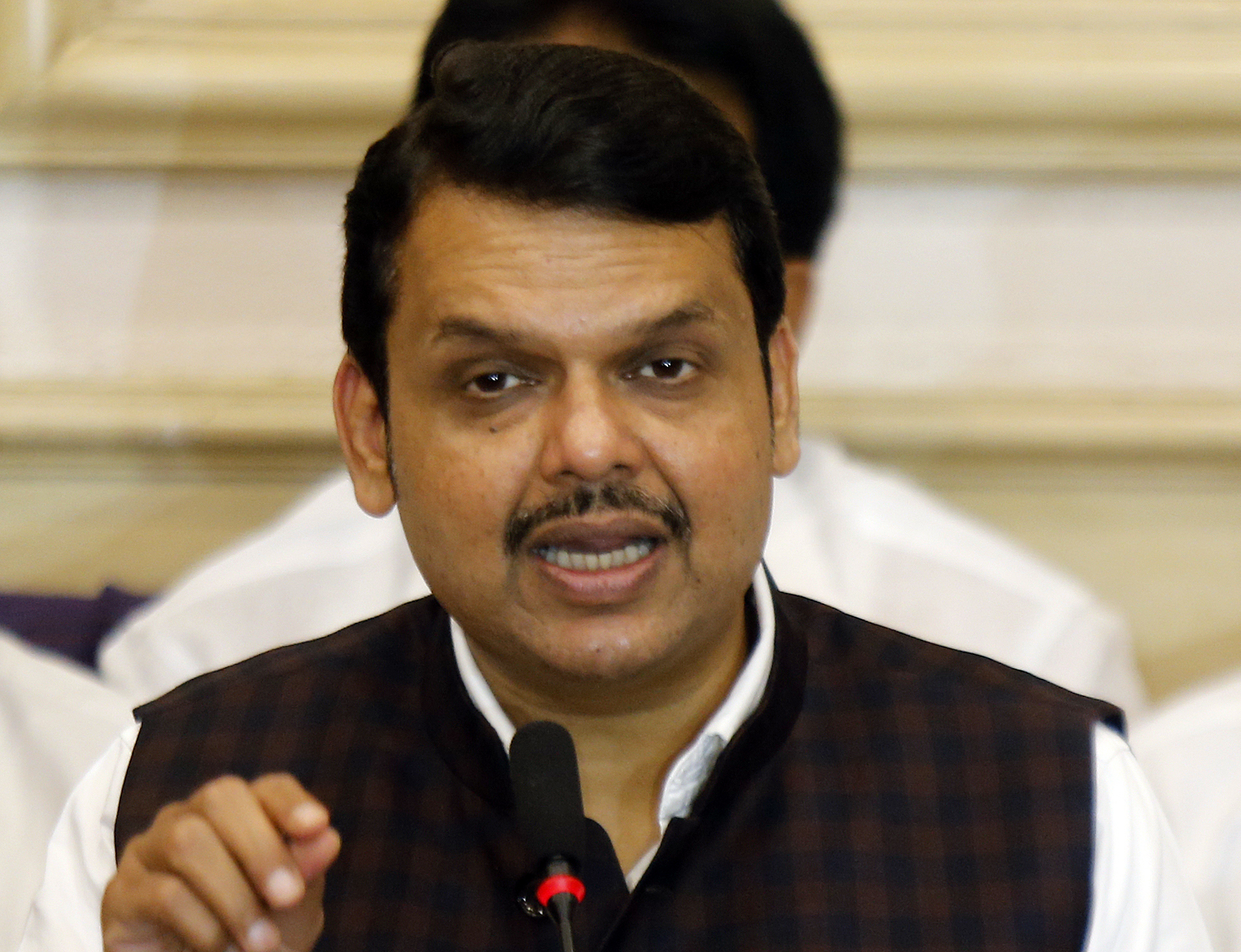
But journalist and political analyst Arati R Jerath is not convinced. She told Al Jazeera the Shinde-led rebel group had been a part of the coalition government for almost three years.
“Suddenly they have now discovered their Hindutva roots,” she said. “It seems to be motivated by personal greed rather than any ideological thing.”
Jerath said it would be the “honourable thing” for Shinde and the rebels to resign and “go back to the people and seek re-election”.
“Instead of that, they broke away, went off to a resort, in a private plane, helped and aided and abetted by the BJP,” she said. “This not the way a democracy functions.”
“The resort politics is not possible unless you are ready to dole out lots of money to buy MLAs and MPs,” said Jerath.
Referring to the BJP, analyst Hasan said “dislodging governments through such means is weakening democracy”.
“Democracy requires a strong opposition but the ruling dispensation is not very keen on having an opposition, leave alone a strong opposition. It would rather have an opposition-free India.”







